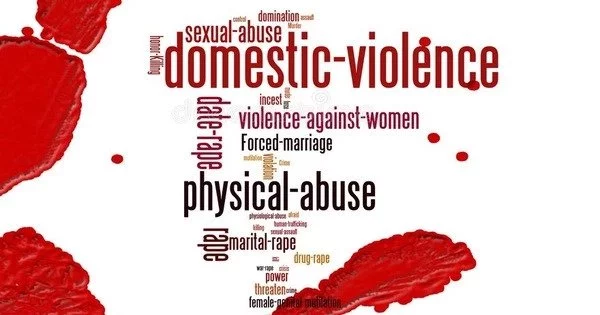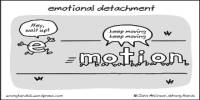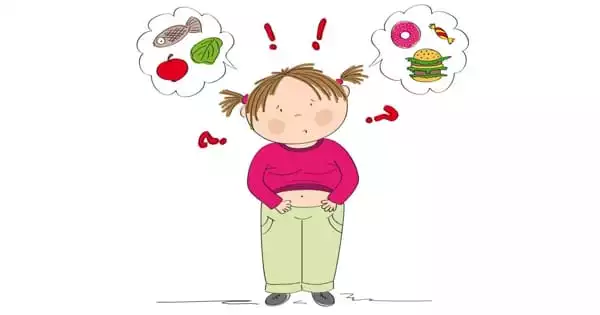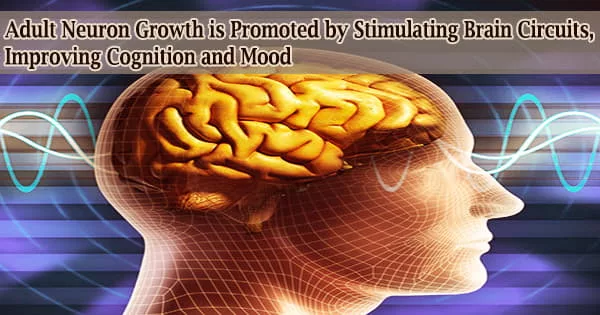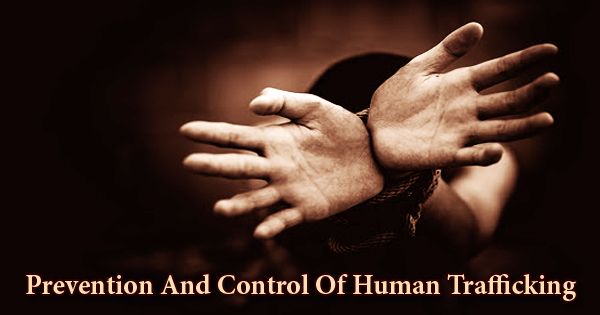Domestic violence refers to the pattern of abusive behavior in any relationship that is used by one partner to gain or maintain power and control over another intimate partner. This behavior can take many forms, including physical, sexual, emotional, and psychological abuse. Domestic violence can affect individuals of any gender, age, race, religion, or sexual orientation and can have serious consequences on the victim’s health and well-being. If you or someone you know is experiencing domestic violence, it’s important to seek help from a trusted friend, family member, or a professional organization.
Domestic violence can affect individuals of any age, gender, race, or socio-economic status, and it can have severe consequences for both the victim and the abuser. It is important to seek help if you or someone you know is experiencing domestic violence. It can happen to anyone regardless of gender, age, race, religion, or sexual orientation.
Domestic violence is a serious issue and can have long-lasting impacts on the victim’s physical, mental, and emotional well-being. If you or someone you know is experiencing domestic violence, it’s important to reach out for help. This can include contacting a local domestic violence hotlines, law enforcement, or a trusted friend or family member.
Domestic violence frequently occurs when the abuser believes they have the right to it, or that it is acceptable, justified, or unlikely to be reported. It has the potential to create an intergenerational cycle of violence in children and other family members who may believe that such violence is acceptable or condoned. Many people do not recognize themselves as abusers or victims because they may view their experiences as out-of-control family conflicts. Domestic violence awareness, perception, definition, and documentation varies greatly across countries. Domestic violence is also common in the context of forced or child marriages.
There may be a cycle of abuse in abusive relationships in which tensions rise and an act of violence is committed, followed by a period of reconciliation and calm. Domestic violence victims may be trapped in abusive relationships due to isolation, power and control, traumatic bonding with the abuser, cultural acceptance, a lack of financial resources, fear and shame, or to protect children. Victims of abuse may suffer from physical disabilities, dysregulated aggression, chronic health problems, mental illness, limited finances, and a reduced ability to form healthy relationships.
